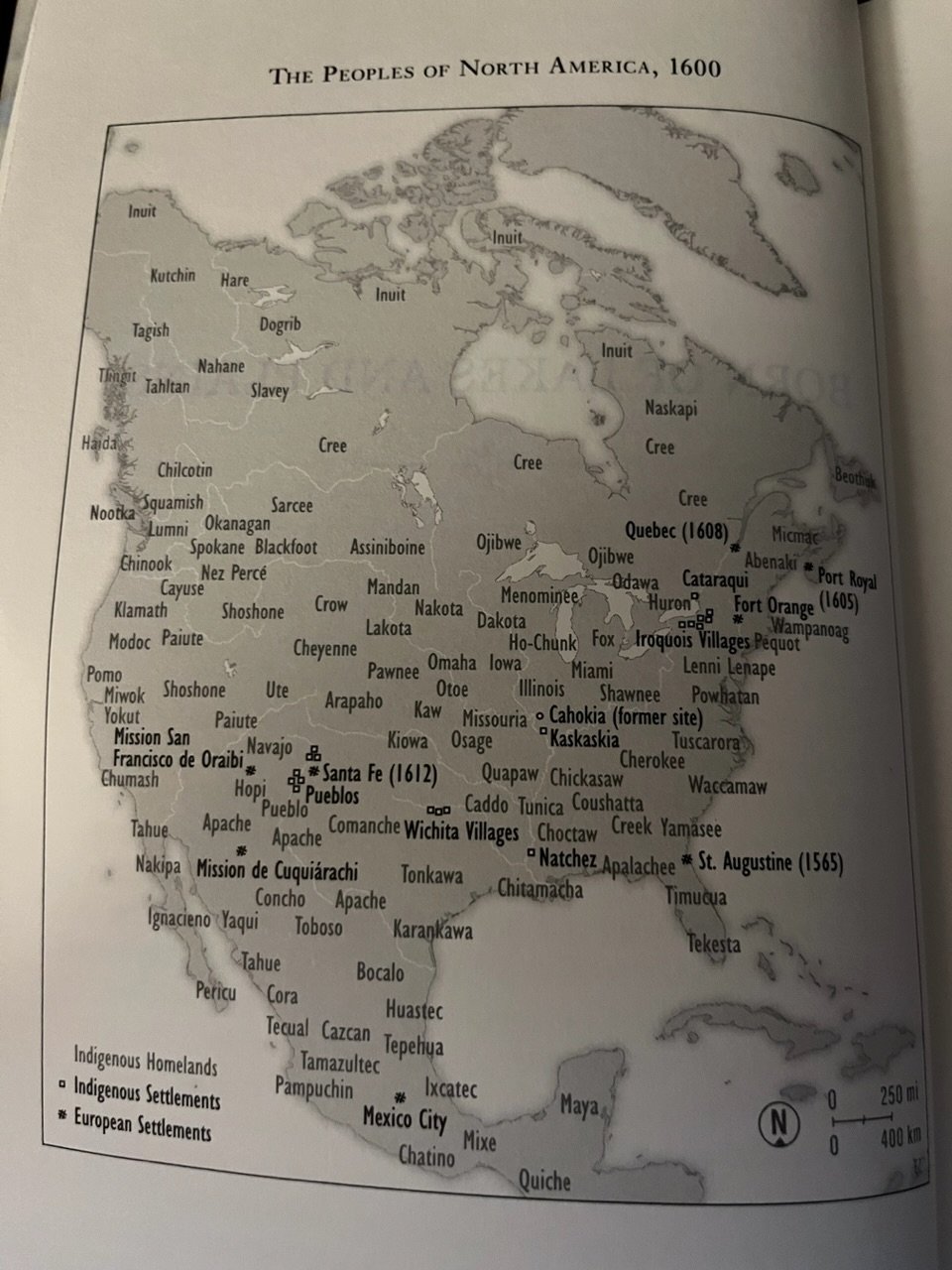Map from “Born of Lakes and Plains” Anne F. Hyde, 2022.
Studying history has made me a geography maniac. Whether I’m reading about Central Asia, French/Spanish/American New Orleans, or ancient Egypt, I have found studying the geography of the place I’m reading about to drastically improve my understanding of the people and events. Maps, timelines, atlases, help me focus on the where to get deeper into the when.
Studying American history, I was trained to use a place-based lens as one tactic to avoid the failure of early “Western” historians to struggle with their unconscious biases and resist hero worship, group think, and the exclusion of inconvenient communities, thereby leaving future generations with an empty cartoon masquerading as history.
Why is this a labor history blog? I believe the idea (and therefore the reality) of labor has been trapped in a ghettoized paradigm where it is only associated with federally recognized labor unions and niche professions. I will argue that labor is usually at the foundation of any nation, war, or major societal change. However, it benefits the minority in power (anywhere) to frame events as the result of their own careful planning or the errors and malice of others (Black people, socialists, the homeless, etc.).
You can’t just hear the story the way it's told; you have to dig deeper. You have to look outside the frame of the narrative. And ask questions, ALWAYS.
